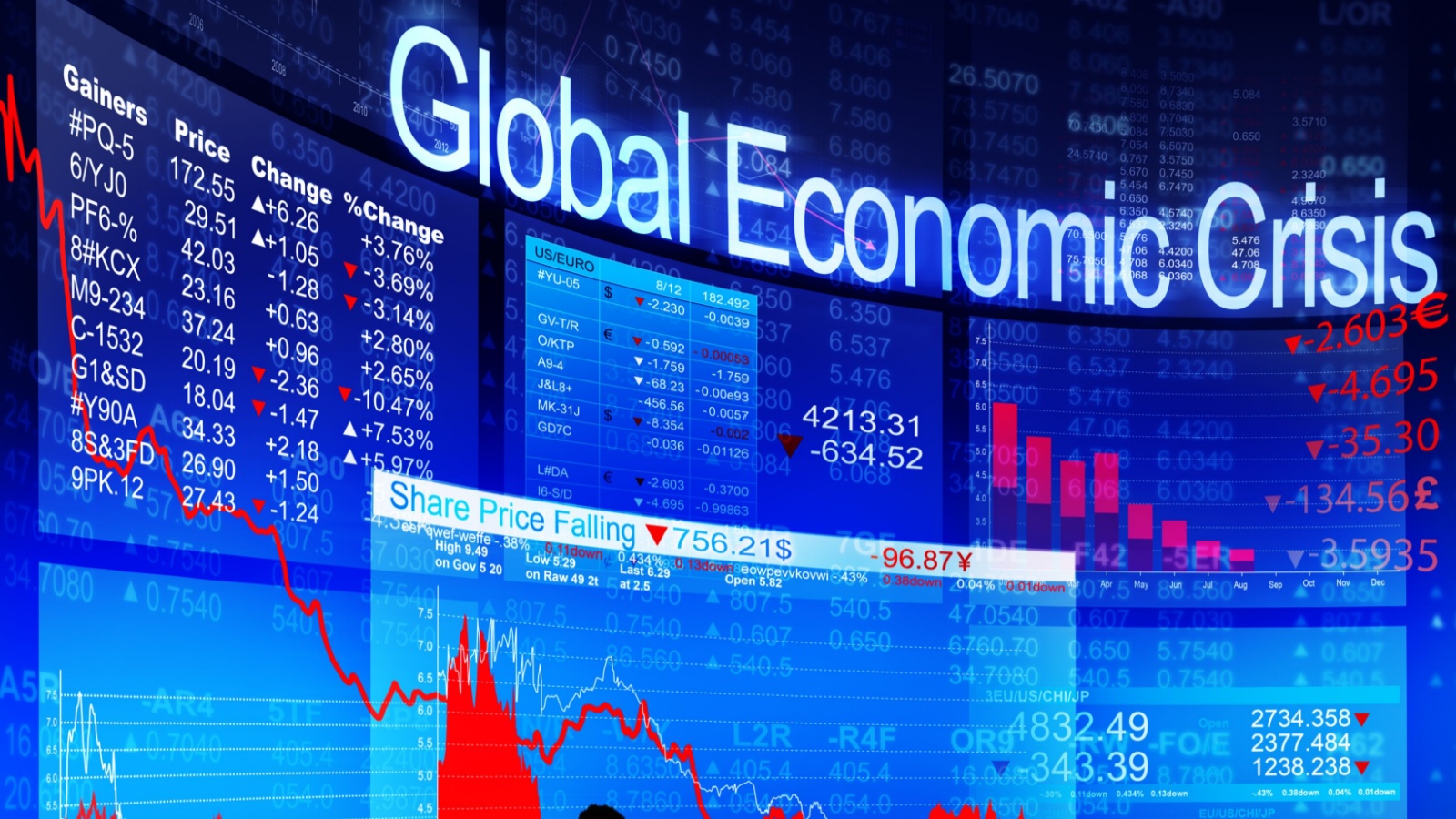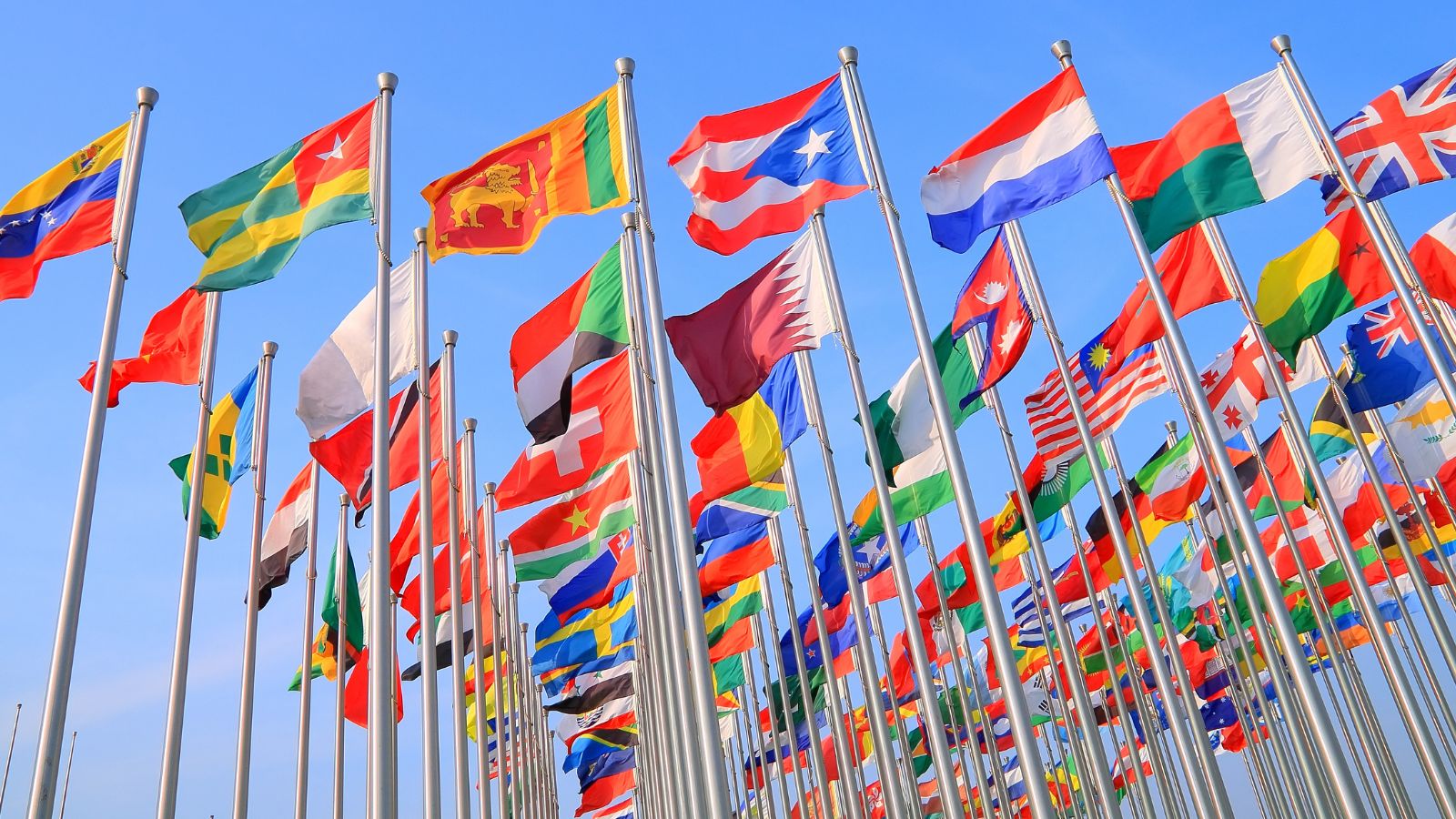In a world marked by geopolitical instability, climate emergencies, and economic turbulence, few nations are emerging as true pillars of stability. Canada has increasingly earned recognition as one such place. From sound fiscal policy to an inclusive society, multiple elements are converging to position Canada as a safe space. Here are 22 reasons why Canada is becoming a global haven.
Strong Banking Infrastructure

Canadian banks have repeatedly been ranked among the most stable in the world. Thanks to conservative lending practices, strong regulatory oversight, and prudent capital reserves, financial institutions in the country are trusted internationally. During the 2008 global financial crisis, Canadian banks didn’t require bailouts and remained resilient, which cemented their reputation. This consistency continues to provide security for both domestic and international investors. Additionally, the country’s federal deposit insurance system protects individuals’ savings, reinforcing overall trust in the financial ecosystem.
Transparent Governance

A transparent political system underpins trust in institutions and policy decisions. The country’s commitment to open government includes public access to information, regular audits, and freedom of the press. Unlike countries plagued by opaque leadership or sudden regulatory shifts, its governance fosters predictability. This transparency extends from municipal planning to federal budgeting, enabling better business planning and civic engagement. It also lowers the risk of corruption, making the policy environment more stable for investors and citizens alike.
Political Stability

Periods of political turbulence in other countries often involve violent protests, military coups, or abrupt policy shifts. In contrast, transitions of power in Canada are peaceful and democratic, reflecting a long tradition of political maturity. The multi-party system encourages debate without gridlock, and federal-provincial cooperation, while sometimes strained, still manages to produce results. Minority governments are common, yet function within frameworks that prioritize negotiation over deadlock. These features allow long-term strategies to be developed without fear of dramatic reversals.
Universal Healthcare System

Access to essential medical services without the barrier of cost creates more than health security; it ensures societal cohesion. The publicly funded model reduces pressure on emergency services and improves early intervention rates. During the COVID-19 pandemic, the existence of a national healthcare system made it easier to implement vaccination campaigns and public health measures. It also reduces the socioeconomic burden on families, which limits civil unrest.
Pro-Immigration Policy

Rather than viewing newcomers with suspicion, policies are designed to integrate and support them. Permanent residency pathways prioritize skills and adaptability, while language training and job-matching programs enhance assimilation. Refugee and humanitarian programs are robust and often seen as global models. Immigrants are not just tolerated; they’re seen as contributors to national growth. This outlook helps foster an atmosphere of acceptance that reduces social polarization. Over time, such consistency helps develop economically dynamic and socially resilient multicultural communities.
Low Crime Rates

The country enjoys relatively low levels of violent crime and property crime, especially when compared to global averages. Community-based policing initiatives and strong social programs act as preventive measures rather than relying solely on punitive enforcement. Data transparency allows for public access to crime statistics, improving accountability. The criminal justice system emphasizes rehabilitation over retribution, which reduces repeat offenses. These collective strategies make urban and rural areas alike feel safer, which increases confidence among both residents and foreign investors.
Stable Real Estate Market

Property values tend to rise steadily without the frequent boom-and-bust cycles that destabilize other economies. Regulatory checks like the mortgage stress test, property transfer taxes, and foreign buyer restrictions help maintain balance. While housing affordability remains a challenge in cities like Vancouver and Toronto, other regions offer reasonably priced opportunities. Governments have also introduced policies to increase housing supply and prevent speculative investment. For international investors and new residents, the predictability of the real estate market adds another layer of long-term financial security.
World-Class Education System

Public education is free and standardized, ensuring a high baseline of academic achievement. Universities such as McGill, UBC, and the University of Toronto attract global talent, while community colleges offer practical vocational training. The system emphasizes inclusivity, critical thinking, and innovation. Scholarships and funding options for international students make education more accessible. Graduates from Canadian institutions are often sought after globally, adding to the country’s intellectual capital.
Clean and Abundant Natural Resources

From hydroelectric power to forestry and freshwater, resource management focuses on long-term sustainability. Regulatory frameworks prioritize environmental assessments and community consultations, particularly with Indigenous groups. This careful approach reduces the risk of conflict over land use and extraction rights. Export-oriented policies ensure that resources contribute to global stability without compromising domestic reserves. As global concerns about resource scarcity grow, the nation’s self-sufficiency in essentials like clean water and energy becomes increasingly appealing to investors and foreign governments.
Independent Judiciary

Legal outcomes are not beholden to political power or economic influence, making the legal environment one of the most reliable in the world. Courts are structured to maintain the separation of powers, and Supreme Court rulings set clear precedents that guide lower courts. Decisions are enforced consistently, and legal processes are accessible and transparent. This creates an environment where businesses can resolve disputes efficiently and individuals can trust that their rights will be upheld.
Robust Social Safety Net

Multiple layers of social assistance protect people from falling through the cracks during personal or economic crises. In addition to federal programs, provinces offer supplementary benefits for housing, childcare, and disability support. These programs are not simply reactive but are designed to prevent problems from escalating into systemic issues. Social services are integrated with healthcare and education to ensure a holistic approach to well-being. This infrastructure cushions society against shocks and reduces long-term inequality and instability.
Innovation-Friendly Ecosystem

Tech accelerators, research grants, and academic-industry partnerships help launch and scale new ventures. Government initiatives like the Strategic Innovation Fund and support for incubators contribute to a robust startup culture. Patent protection and intellectual property laws are aligned with global standards, encouraging innovation without fear of theft or exploitation. Immigration policies also allow tech talent to relocate easily. These ecosystems ensure that the economy remains adaptive and competitive, even when traditional sectors face global disruption.
Diverse and Inclusive Society

Ethnic, linguistic, and religious diversity is reflected in public life, from elected officials to school curricula. Anti-discrimination laws are enforced, and hate crimes are prosecuted rigorously. Celebrations of cultural heritage are normalized, not marginalized. This inclusivity allows people to maintain cultural identities while participating fully in national life. Social policies also address systemic inequities, ensuring that inclusion isn’t just symbolic. In times of global division, such cultural cohesiveness becomes a powerful tool for maintaining social peace.
Resilience in Global Crises

Emergency preparedness plans are coordinated across all levels of government. During financial recessions, targeted stimulus packages help stabilize markets and consumer confidence. Pandemic responses included wage subsidies, vaccine rollouts, and coordinated healthcare measures. Lessons learned from past events are incorporated into future planning. The public generally trusts government responses, increasing compliance and effectiveness. These capabilities make the country well-positioned to navigate global shocks, whether they come in the form of pandemics, wars, or financial disruptions.
Strong International Reputation

Foreign policy tends to emphasize diplomacy, humanitarian aid, and environmental responsibility rather than aggression or dominance. The country is often called upon to mediate conflicts or assist in peacekeeping missions. International organizations see it as a reliable partner, increasing its soft power influence. This reputation not only improves bilateral relations but also offers advantages in trade, tourism, and immigration. Being well-liked on the world stage provides a buffer in times of international conflict or trade tensions.
Accessible Legal Immigration Paths

The immigration framework is designed to be both thorough and user-friendly. Clear requirements, online applications, and structured timelines provide predictability. Programs are segmented into economic, family, and humanitarian streams, catering to different needs without arbitrary caps or delays. The points-based Express Entry system rewards education, language skills, and work experience. Refugees are given pathways to citizenship that include language training and integration support. Not to mention, the accessibility and fairness of this system enhance global confidence in the country as a destination.
Strong Labor Laws

Employment standards are enforced by provincial and federal bodies, ensuring that rights are upheld across industries. Workplaces are required to meet safety and harassment standards, and whistleblower protections are in place. Parental leave, vacation time, and health benefits are often mandated, providing work-life balance. Collective bargaining is legal and protected, strengthening the voice of workers. These legal safeguards increase productivity, reduce burnout, and enhance workforce loyalty.
Emphasis on Environmental Protection

Climate policy includes emissions targets, renewable energy incentives, and carbon pricing mechanisms. Protected land reserves help preserve biodiversity, while regulations on mining, oil, and forestry ensure responsible extraction. Public awareness campaigns educate citizens on sustainability. Municipalities invest in green infrastructure, including bike lanes, public transit, and energy-efficient buildings. These forward-thinking measures attract global stakeholders focused on ESG (Environmental, Social, Governance) criteria and reduce vulnerability to climate-induced crises.
Strategic Global Trade Agreements

Participation in global trade deals ensures diversified access to international markets, reducing dependence on any one country. Tariff reductions and harmonized standards make it easier for businesses to export goods and services. Investor protection clauses and dispute resolution frameworks increase business confidence. Trade offices and embassies offer logistical and promotional support to exporters. Plus, these agreements also bolster economic resilience and position the country as a gateway to global commerce.
Reliable Infrastructure

Seaports, airports, and highways are maintained to high standards, ensuring that goods and people move efficiently. Rail networks support long-haul freight, while energy grids are robust and expanding to include renewables. Digital infrastructure, including high-speed internet, is reaching even remote communities. Investments in smart city technologies further enhance urban planning. This dependable infrastructure lowers operational risks and ensures continuity of services, even during emergencies or natural disasters.
Low Corruption Levels

Whistleblower laws, conflict-of-interest codes, and independent oversight bodies ensure accountability. Public officials are required to disclose assets, and campaign financing is regulated. Procurement processes are audited and transparent, reducing opportunities for graft. Civil society organizations and investigative journalists operate without fear of reprisal. These mechanisms ensure that institutions serve the public interest, not private agendas, which is vital for maintaining trust and social cohesion. Quality of Life Metrics
Cities rank high for livability due to access to healthcare, education, clean air, and public amenities. The gap between rich and poor is moderated by progressive taxation and social spending. Mental health services and recreational spaces are integrated into urban planning. Public transport and affordable housing initiatives improve accessibility. These elements create a sense of balance and security, encouraging people to build long-term lives without excessive stress or instability.
25 Facts About Car Loans That Most Drivers Don’t Realize

Car loans are one of the most common ways people fund car purchases. Like any other kind of loan, car loans can have certain features that can be regarded as an advantage or a disadvantage to the borrower. Understanding all essential facts about car loans and how they work to ensure that you get the best deal for your financial situation is essential. Here are 25 shocking facts about car loans that most drivers don’t realize:
25 Facts About Car Loans That Most Drivers Don’t Realize
